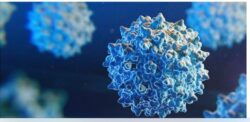How are genetic disorders identified?
If your family has a history of genetic disorders, you might want to talk to a genetic counselor. They can help decide if you should get genetic testing. Tests can show if you have changes in your genes that might cause a disorder. But having these changes doesn’t always mean you will get sick. Counselors explain your risks and ways to stay healthy.
“DNA testing can help families with a history of genetic disorders make informed decisions when planning a baby. Learn about the different testing options available.”
- Carrier Testing: A blood test to see if you or your partner carry gene changes linked to disorders. It’s good for anyone thinking about having a baby.
- Prenatal Screening: A blood test for pregnant women to check if the baby might have common chromosome problems.
- Prenatal Diagnostic Testing: A test using fluid from the uterus to check if the baby has a higher chance of certain genetic disorders.
- Newborn Screening: A blood test done for all newborn babies to find genetic disorders early so they can get quick treatment.
Management and Treatment
What is treatment for genetic disorders like?
Most genetic disorders don’t have a cure. But some treatments can help slow down the disease or make life easier. The treatment you need depends on the kind of disorder and how serious it is. Sometimes, even if there is no cure, doctors can watch your health closely to find problems early.
Discover more from About
Subscribe to get the latest posts sent to your email.

